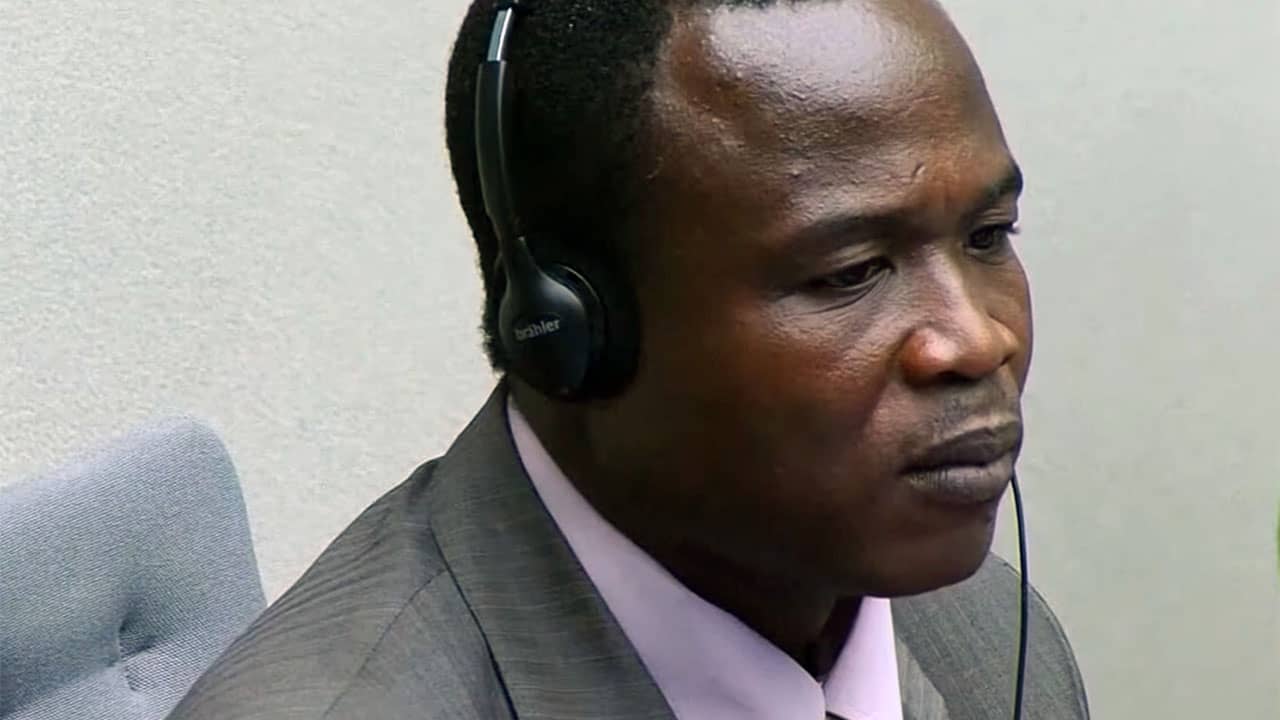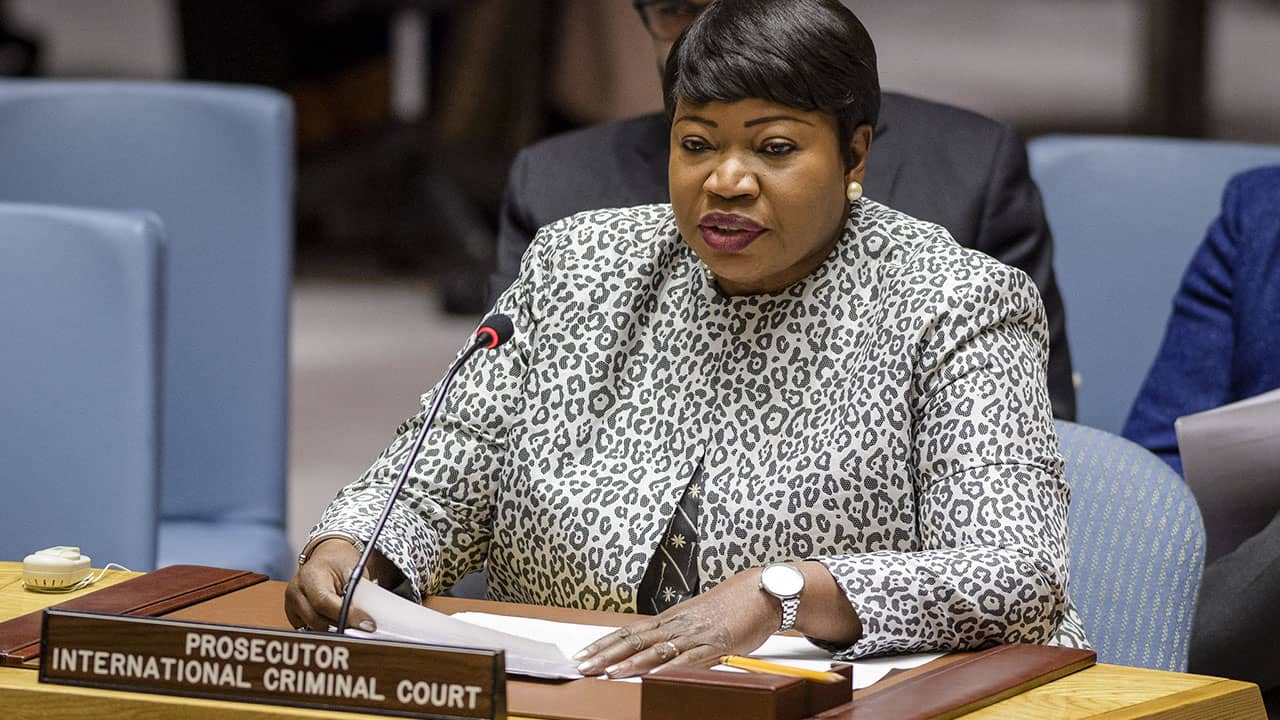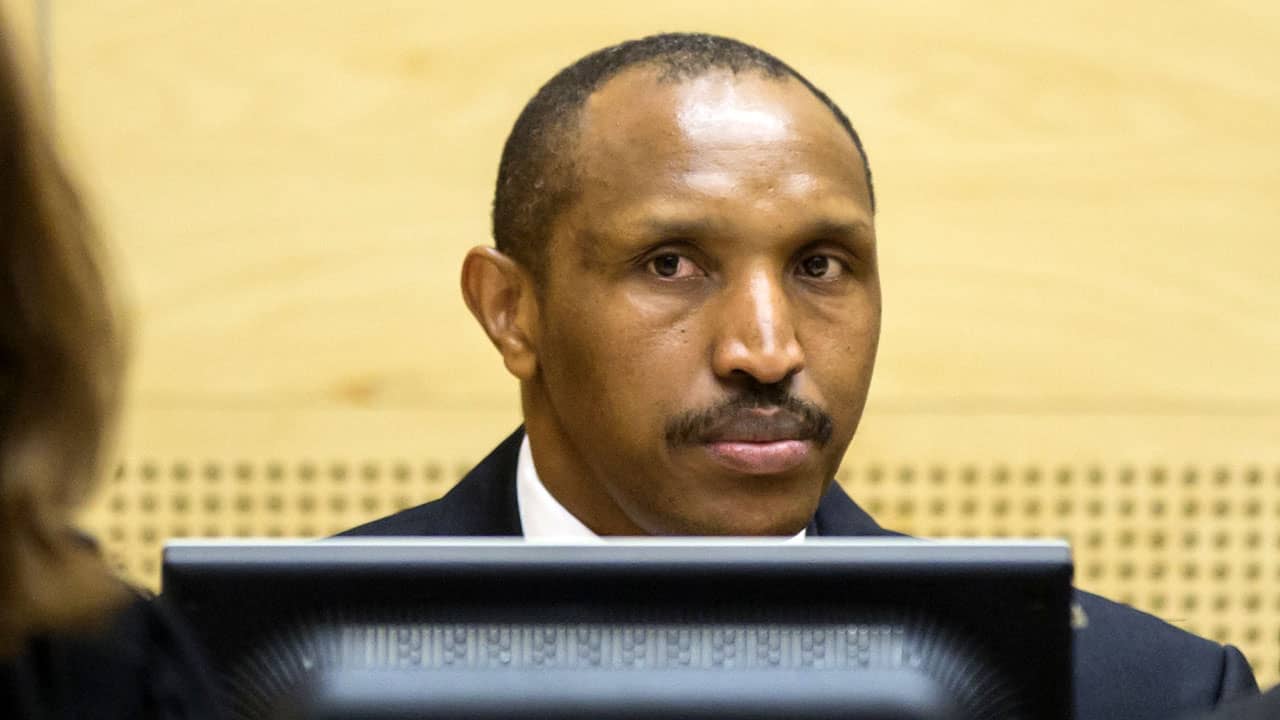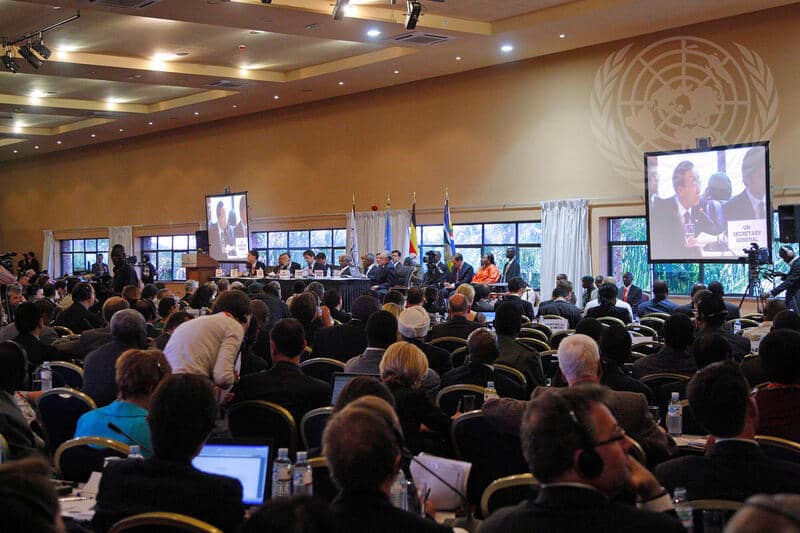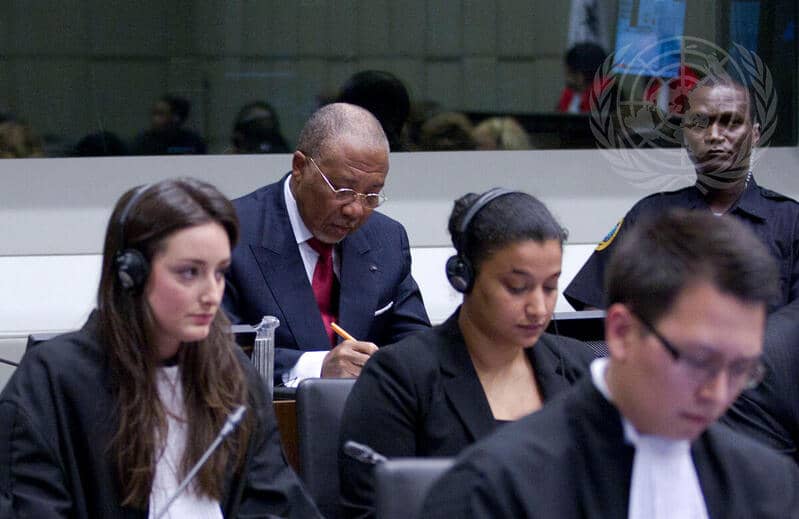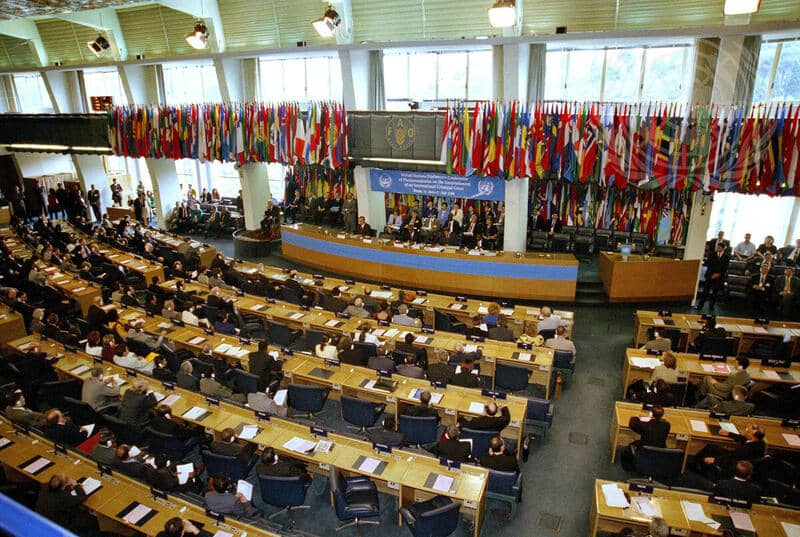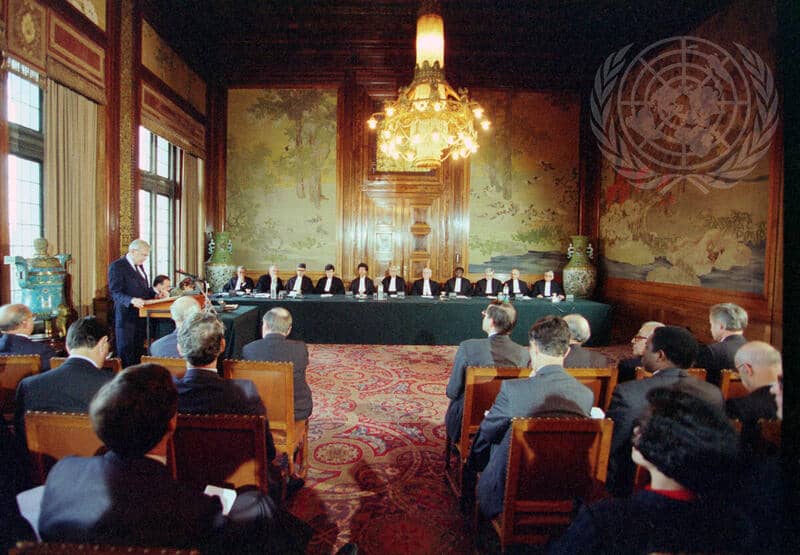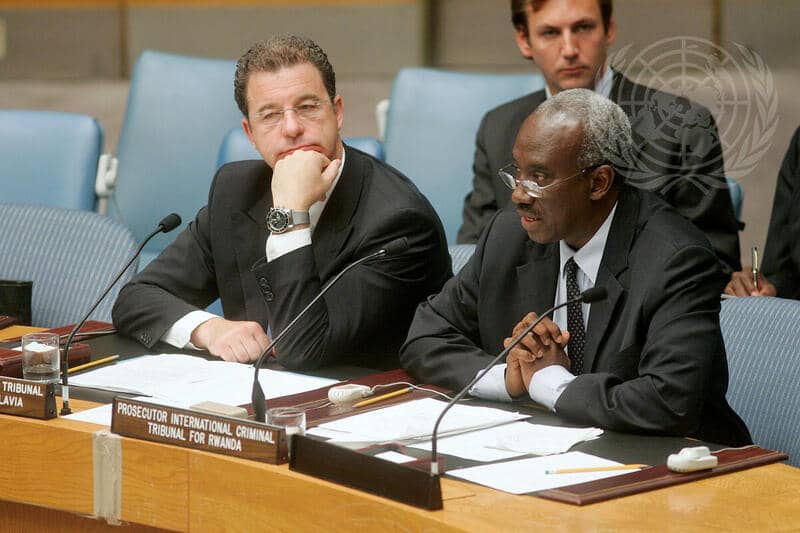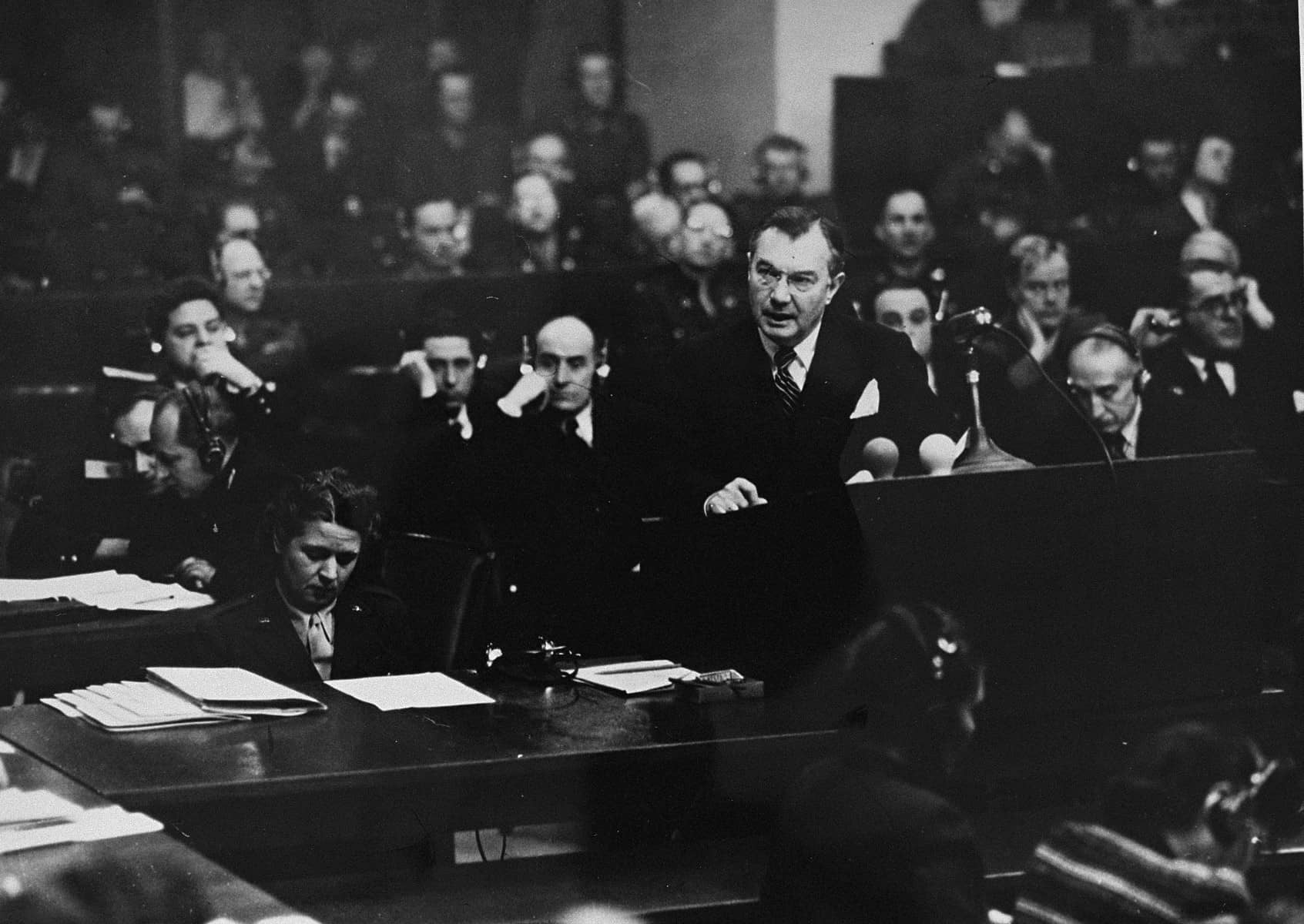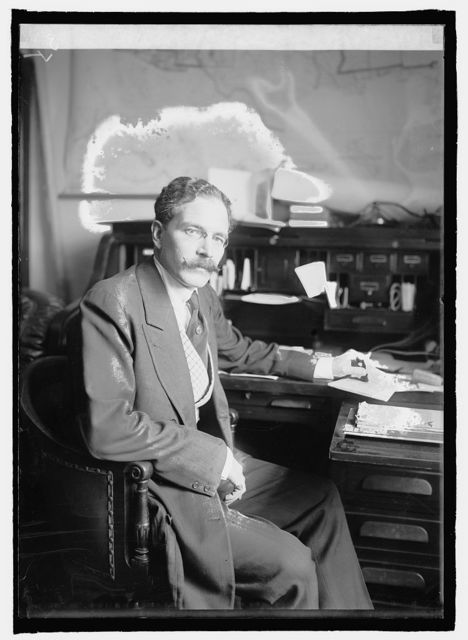Historically, the United States (U.S.) has played a critical role in the field of International Criminal Justice, being a key player in the establishment of the United Nations (UN) War Crime Commission (1943), the Nuremberg and Tokyo Tribunals (1945-46), and the UN ad hoc international criminal tribunals set up by the UN Security Council for the Former Yugoslavia (1993) and Rwanda (1994), the Special Court for Sierra Leone (2002), the hybrid tribunals for Cambodia (2003) and Lebanon (2007), as well as the only permanent International Criminal Court (1998) and its legal instruments (2002).
In the aftermath of the Second World War, nations of the world established the Nuremberg Tribunal to prosecute those bearing the greatest responsibilities for the atrocities committed during the war through the London Charter of the International Military Tribunal (an international treaty of 8 August 1945.) The London Charter was promptly ratified by the absolute majority of the initial group of UN Member States.
In early 1946, on behalf of the international community, the United States established the Tokyo Tribunal through a unilateral proclamation of the International Military Tribunal for the Far East (IMTFE). The international community, loud and clear, affirmed the principle of “Never Again”; that they would never sit idly by while grave human rights violations were being committed. However, after a series of systematic crimes and atrocities committed in the years and decades following the establishment of these ad hoc tribunals, the promise of “Never Again” was not maintained, and the necessity of a permanent international court was hailed as part of the solution, alongside a toolbox of policies for the respect of International Law aimed at enforcing the respect of human rights and the prevention of atrocities.
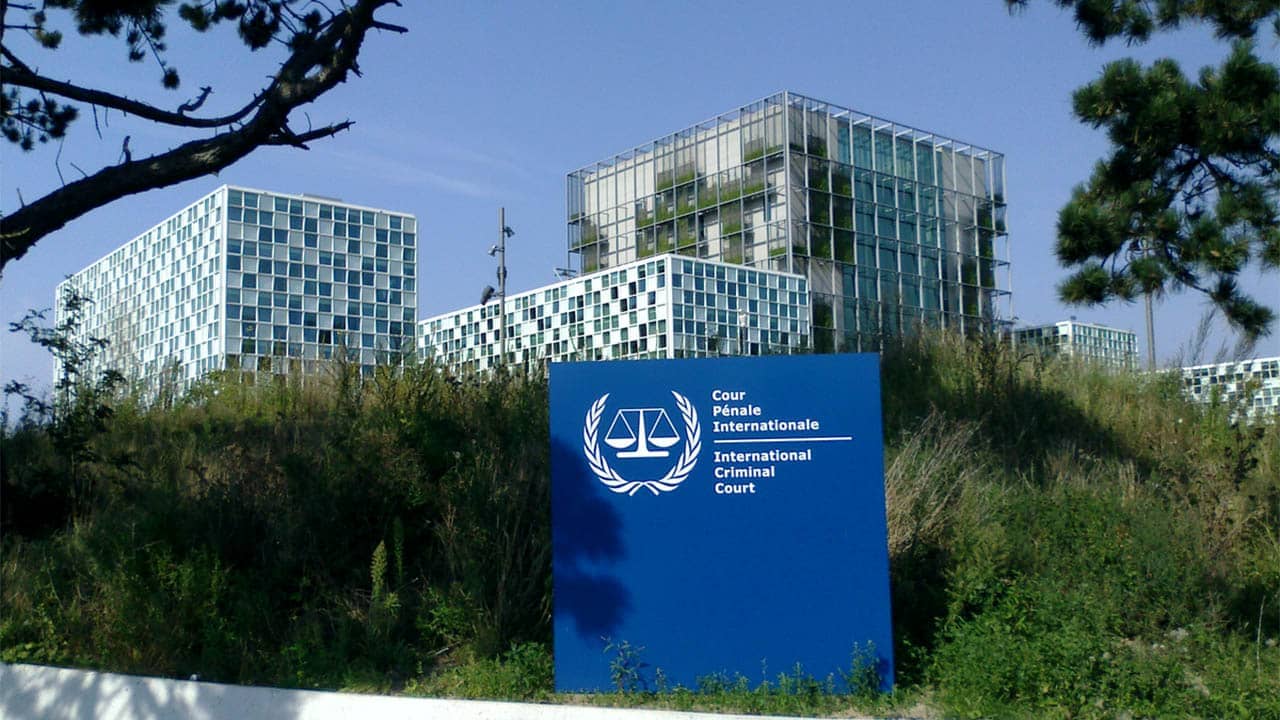
Although former U.S. president, Bill Clinton, publicly endorsed the ongoing talks to create a permanent court and actively engaged the country in the drafting process of the Rome Statute of the International Criminal Court (ICC) in 1996-98, the U.S. decided not to become a State Party to the Rome Statute, having signed it on 31 December 2000, the last day in which the treaty was opened for signature. In fact, the Clinton Administration signaled that it would have not advised the new Administration to transmit the Rome Statute to the Senate for ratification, hence triggering the clause of Article 18 of the Vienna Convention on the Law of Treaties allowing signatory-states not to be bound by the obligation not to defeat the object and purpose of a treaty that they have signed.
As the treaty was about to enter into force on 1 July 2002, the Bush Administration launched a fully-fledged campaign against the jurisdiction of the ICC, with unprecedented measures taken at the UN Security Council and in bilateral non-surrender agreements with other States. As this anti-ICC campaign, largely developed on the academic theories of Prof. John Bolton, created controversy in parallel to the ones generated by the so-called global “war on terror”, support for the ICC and the Rome Statute progressively increased, leading U.S. Secretary of State Condoleezza Rice to declare that the United States was “shooting itself in the foot” by advancing these policies.
Despite a continued reluctance to ratify the Rome Statute, the George W. Bush administration and the Obama ones marked a gradual increase of the U.S. cooperation and, at times, support towards the ICC. During the second half of the Trump Administration following the hiring of Prof. John Bolton as National Security Advisor, the U.S. re-launched a campaign aimed at undermining the ICC, which led to an unprecedented and shocking finding that there was a “national emergency” in the U.S. caused by the ICC’s jurisdiction in 2020. Based on an Executive Order against the Court, the Administration adopted negative financial measures and a travel-bans against the then ICC Prosecutor, Ms. Fatou Bensouda, and other senior officials of her office. On 2 April 2021, the Biden Administration revoked the Executive Order and the negative measures that were targeting the two international civil servants.
Academics, NGOs, and experts called for the lifting of the sanctions
Following the unprecedented threats made by the former Trump’s Administration against the ICC, academics, NGOs and experts expect President Biden’s Administration to be more collaborative and to engage with the work of the Court. There has been a growing call for Biden’s Administration to rescind the Executive Order and to lift the sanctions against ICC personnel, which culminated with the removal of the Order in April 2021.
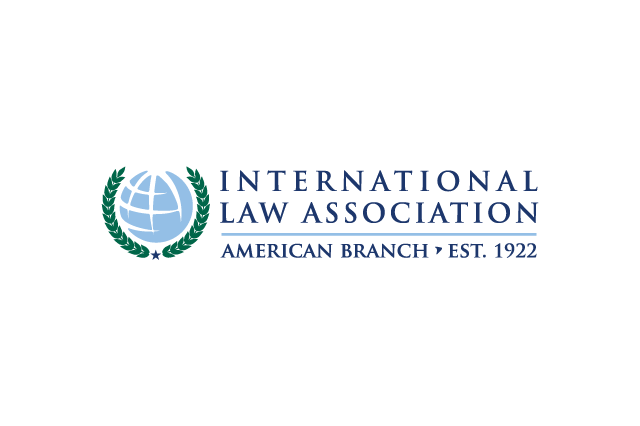
The Biden Administration Should Rescind the Executive Order Imposing Sanctions on Officials of the International Criminal Court
Statement by the American Branch of the International Law Association International Criminal Court Committee
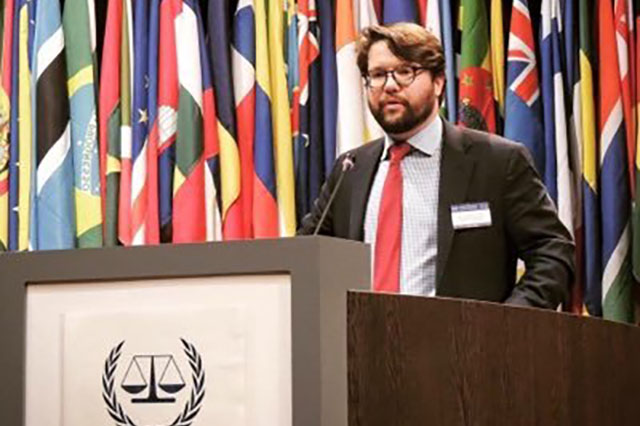
U.S. – ICC Relations Under a Biden Administration: Room to Be Bold
by Christophe ‘Kip’ Hale
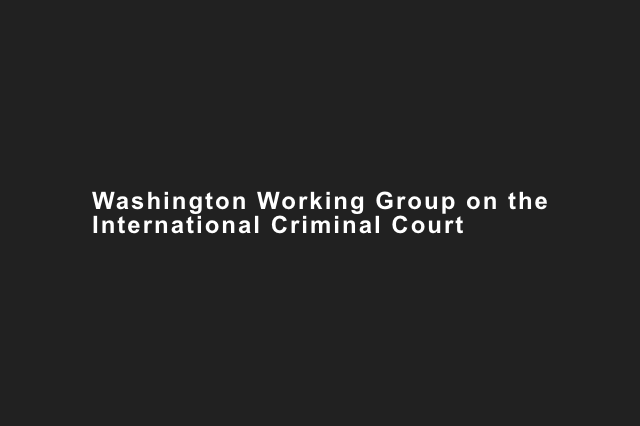
80 Non-Governmental Organizations, Faith-Based Groups, and Academic Institutions Call for the Biden Administration to Repeal ICC Sanctions
coordinated by the Washington Working Group for the International Criminal Court (WICC)

Biden Plans to Repeal Trump-Era Sanctions on ICC
by Foreign Policy
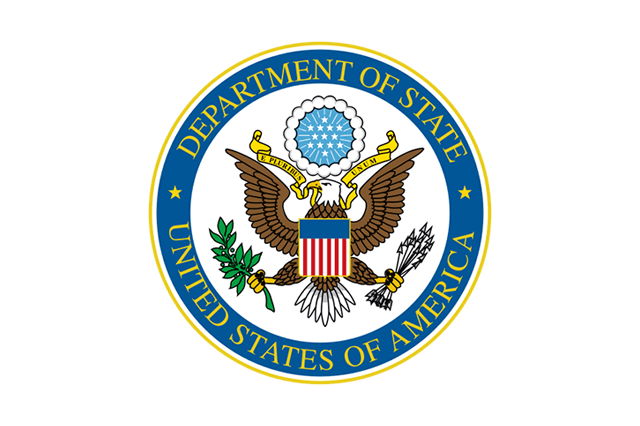
Ending Sanctions and Visa Restrictions against Personnel of the International Criminal Court
by U.S. Department of State
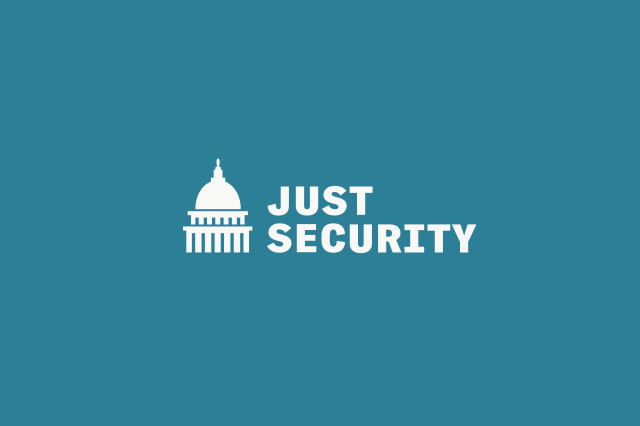
Biden Revokes Executive Order Sanctioning Int’l Criminal Court Principals
by Beth Van Schaack
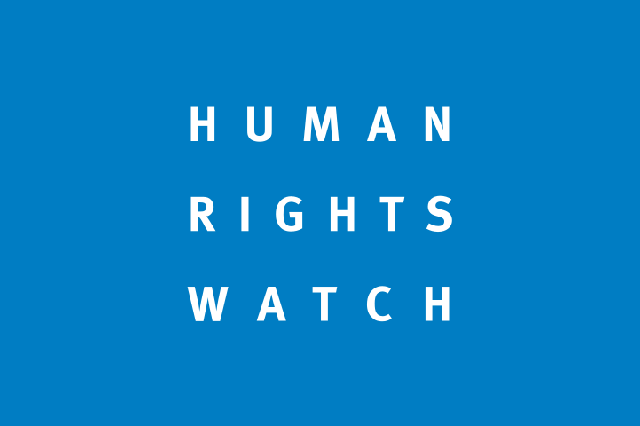
US Rescinds ICC Sanctions
by Human Rights Watch (HRW)

